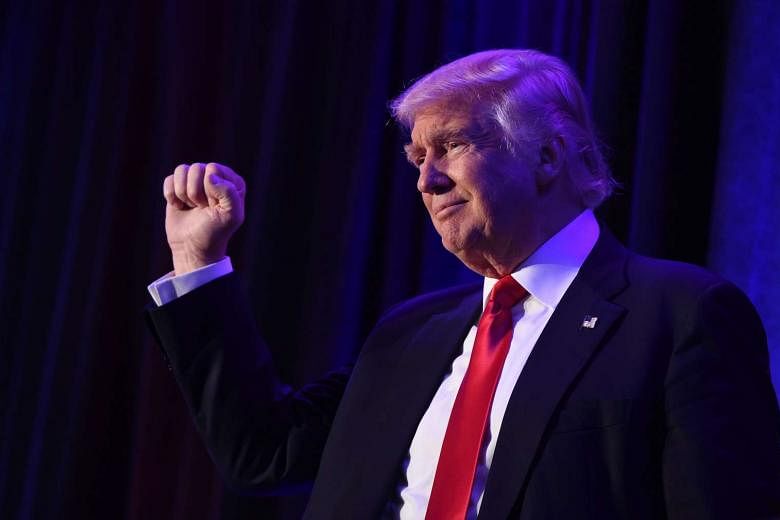In its editorial on Jan 13, the paper argues that United States president-elect Donald Trump's admission that the Russian government hacked into Democratic Party e-mail accounts indicates that cyberwarfare is a growing threat, and few countries are adequately equipped to combat it
In his first formal press conference as US president-elect, Donald Trump on Wednesday finally concurred with his country's intelligence agencies that the Russian government hacked into Democratic Party e-mail accounts in an apparent attempt to influence the outcome of the election. There is suspicion in some alternative Western news media that the allegation has been contrived to stir conflict with Moscow, but Trump's concession to the consensus among US security chiefs and the mainstream media signalled a possible turnaround in international affairs. Even though Trump voiced scepticism about the overall effect of the hack and said he still expects American-Russian relations to improve, we have a worrying glimpse of where the world is heading.
Forgetting any debate over whether this was indeed a Russian hack with the US as its victim, no nation in the world can take comfort in being exempt thus far from cyberwarfare. We cannot rest easy knowing that such tactics have only been publicly revealed to involve these two powers along with China, North Korea, Israel and a few other countries. The US-Russia squabble is a barometer indicating that ideological cyber-manipulation will loom large in everyone's lives. In its sheer speed and effectiveness, it threatens to replace conventional diplomacy, the art of person-to-person persuasion.
Cyberattacks are, admittedly, another price we have to pay for living in a tightly interconnected world, in which physical borders and national identities are overridden by the market's global reach and the political ideas that come with it. The outcome is bound to be disruptive, the results both good and bad.
It now seems unfortunate that outgoing US President Barack Obama felt constrained about exposing the Russian hack earlier, during the election campaign. Had he done so, of course, he would been roundly condemned for trying to ensure victory for Hillary Clinton, just as FBI director James Comey was vilified for helping Trump with his late decision to reopen an investigation into Clinton's e-mail blunder.
After months of denials, Trump has decided Russia was behind the Democratic Party hacks, a seemingly brave "admission" given the debt to Russia that this might impose on him, however inadvertently. But there are other accusations floating around about his indebtedness to the Russians, both pecuniary and, according to sordid rumour, personal. And any debt the US president owes Russia bodes ill for America.
Trump has to date shown a disturbing belligerence towards his country's intelligence community, brashly insisting he's smart enough to assess world affairs on his own or else can turn to more trusted advisers. We shall soon see how he responds to the grave evidence of Russian interference in America's electoral process. This will, at last, be one allegation that he cannot shrug off with impunity. Surely the bulk of the voters who supported him would also expect Moscow to pay some form of penalty.
Given the belated accession from Trump of Russian wrongdoing, other nations must now evaluate more seriously the threat posed by state cyberhacking. Corporate and private hacking are not nearly so worrying as that conducted by foreign governments. State intrusions are more difficult to detect and could target critical infrastructure with catastrophic results.
Unfortunately citizens are unlikely to learn the extent of their social vulnerabilities. Not wishing to reveal their strengths and weaknesses, both state predators and state victims withhold the details of cyberattacks. Washington no doubt knows far more about the campaign hacks than it is willing to disclose. That leaves the less powerful, less developed nations, such as Thailand, on their own when it comes to defence. We will need substantial financing and talent.
The Nation is a member of The Straits Times media partner Asia News Network, an alliance of 22 news media entities.

